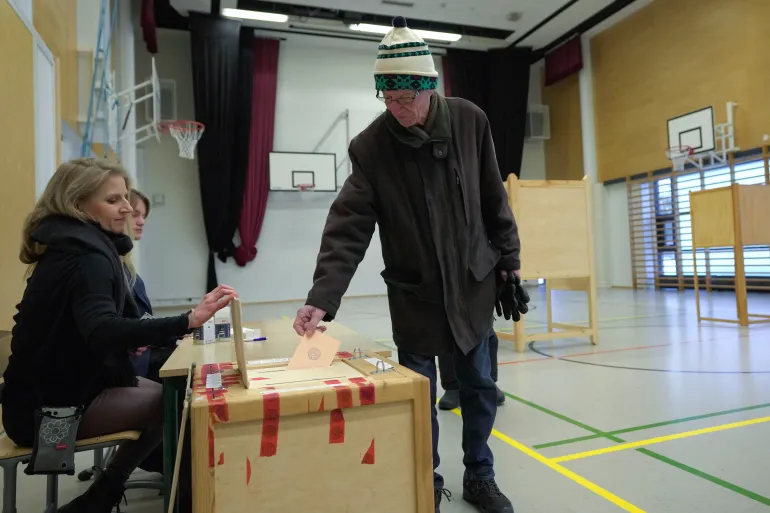Stakes Are High as Finland Votes in Run-off for New President
Millions of eligible Finnish voters are gearing up for Sunday’s presidential run-off, a pivotal moment as they select their new head of state. With foreign and security policy at the forefront, following Finland’s recent NATO accession amid tensions with Russia, the stakes are high.
In contention are Alexander Stubb, a 55-year-old conservative and former prime minister, and 65-year-old Pekka Haavisto, a Green League stalwart and former foreign minister. Despite their differing political backgrounds, both candidates share common ground on crucial issues like maintaining a firm stance towards Russia, bolstering ties with the United States, and lending support to Ukraine.
After a tightly contested first round on January 28, where no candidate secured the required 50 percent of votes, Stubb emerged as the frontrunner with 27.2 percent, closely followed by Haavisto at 25.8 percent. The stage is now set for a decisive showdown between the two.
Haavisto’s potential victory holds historic significance, as he could become Finland’s first openly gay president. His tenure as Finland’s chief diplomat from 2019 to 2023, coupled with his pivotal role in steering the country towards NATO membership, underscores his experience and credentials.
The winner of this election will fill the shoes of outgoing President Sauli Niinisto, whose two-term tenure concludes in March. Niinisto, widely popular, leaves behind a legacy of steady leadership during turbulent times.
Finland’s unique political landscape grants significant authority to the president in shaping foreign and security policy, in collaboration with the government. This role takes on added importance given Finland’s recent NATO alignment and its positioning within an evolving geopolitical landscape.
The country’s NATO accession in April 2023 marked a significant departure from its traditional non-aligned stance, prompting diplomatic tensions with Russia. December’s border closure, prompted by a surge in migrant flows and disputed by Moscow, underscores the ongoing challenges Finland faces in navigating its security environment.










